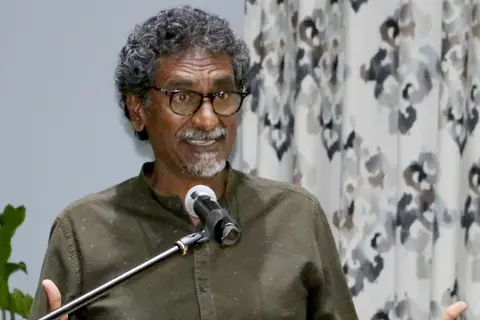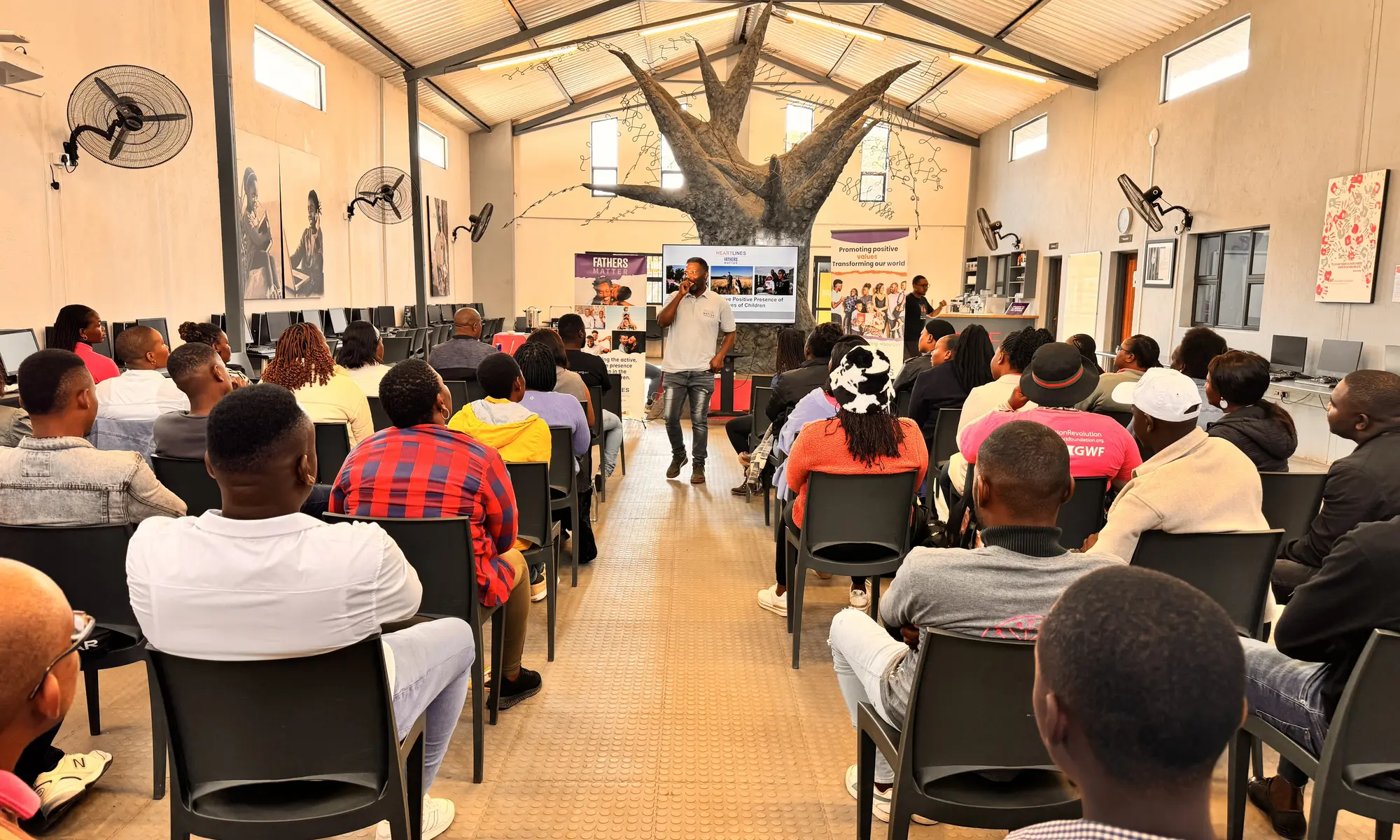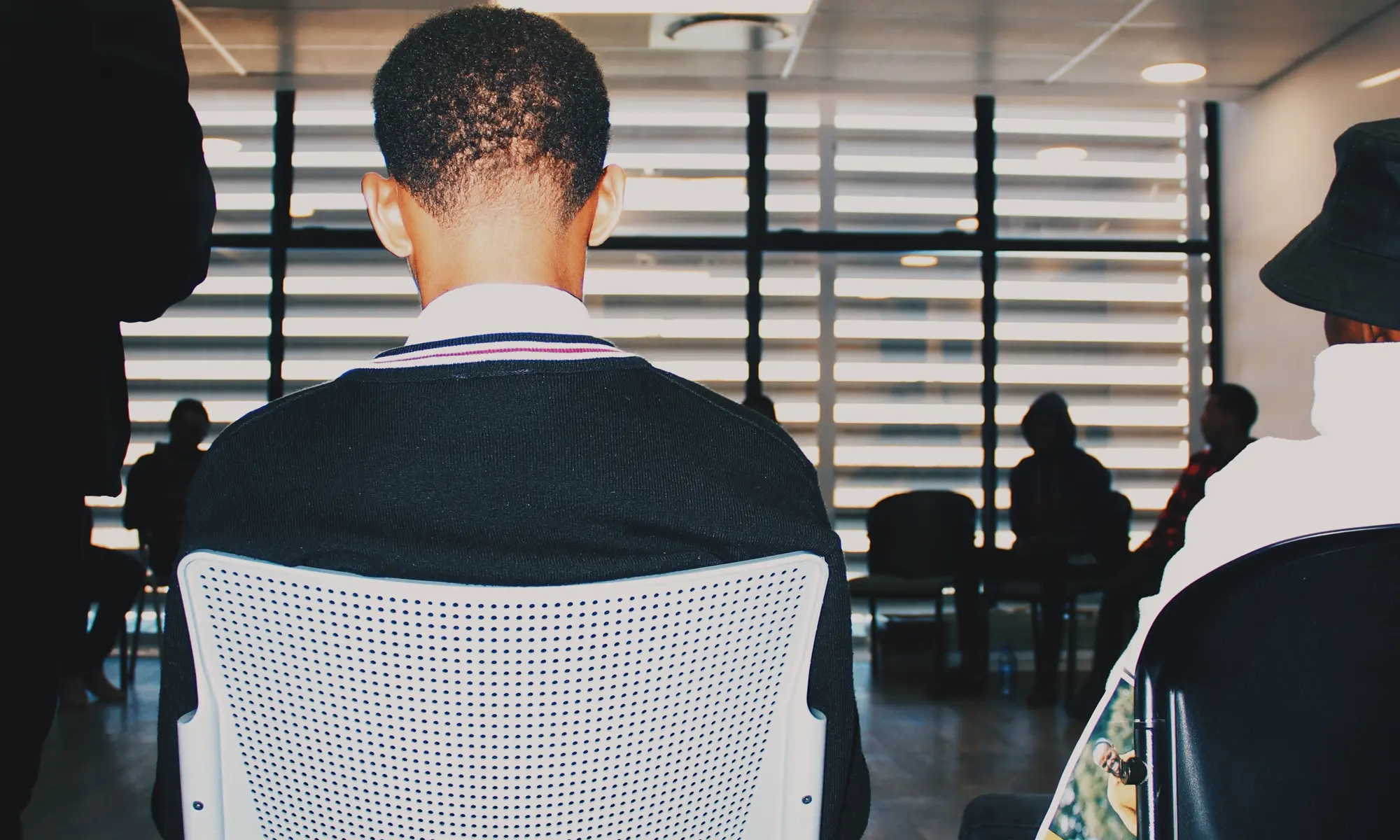The State of South African Fatherhood: The webinar series
Fathers Matter , Webinar , South AfricaHeartlines recently concluded a four-part webinar series focusing on the State of South African Fatherhood. The series was presented in partnership with the DSI-NRF Centre of Human Excellence and the National Research Foundation, and funded by the Oak Foundation.
The first webinar focused on unpacking the findings of the Heartlines Fathers Matter formative research report and exploring some of the parallel issues from the State of South Africa’s Fathers 2018 study. Panellists Latasha Treger Slavin, research manager at Heartlines, and Wessel van den Berg, head of the Children’s Rights and Positive Parenting Unit at Sonke Gender Justice, outlined some of the obstacles keeping South African men from being more involved in the lives of their children. Both presentations emphasised the value of positive male presences in the lives of children.
The second webinar was titled “Becoming Men! Overcoming toxic masculinities in South Africa” and included presentations from Prof. Malose Langa, author of Becoming Men: Black Masculinities in a South African Township, and Prof. Mzikazi Nduna from the School of Human and Community Development at Wits University. Nduna’s presentation focused on the links between gender-based violence against women and father (dis)connections, and emphasised the impact of disputed, denied or unacknowledged paternity on children.
The third webinar explored how the first 1000 days of a child’s life, from conception to the age of two, provide a valuable opportunity for a father to be involved. Panellists Dr Tawanda Makusha from the Human Sciences Research Council and Mercy Manyema from the DSI-NRF Centre of Excellence in Human Development focused on the positive role a father or father figure can play in the life of a child and mother during this period. Dr Zoheb Khan spoke about the 2% of child support grant recipients who are men, and how they defy popular negative conceptions by being capable, responsible primary caregivers.
Given that four out of five men are biological or social fathers, it is also important to focus on interventions that teach men about fatherhood, and this was the topic of the fourth and final webinar. Panellists included Makusha, Suleiman Henry from Sonke Gender Justice, Percy Ntsoane from the Department of Social Development, and Heartlines’ Pamela Kgare. Makusha emphasised that understanding the context in which different men are fathering is crucial, and factors such as socio-economic status needed to be taken into account when developing interventions for fathers.
The webinar series was well received, with high levels of engagement and 633 people attending across the four events.
From here, Heartlines will develop a set of interventions, informed by the Fathers Matter formative research, that promote the positive presence of fathers/men in the lives of children.
Click here to access the webinar recordings or featured presentations.
Featured






